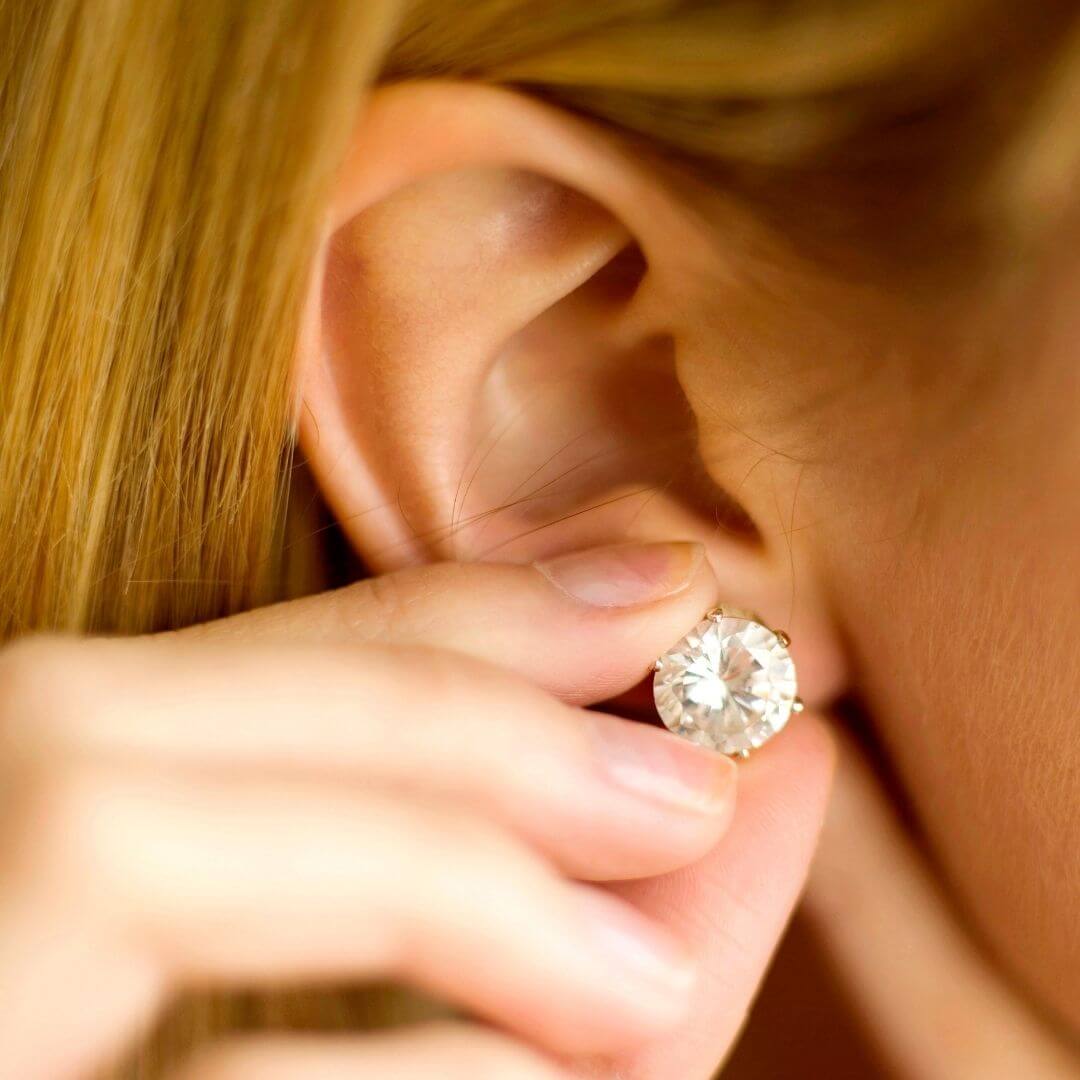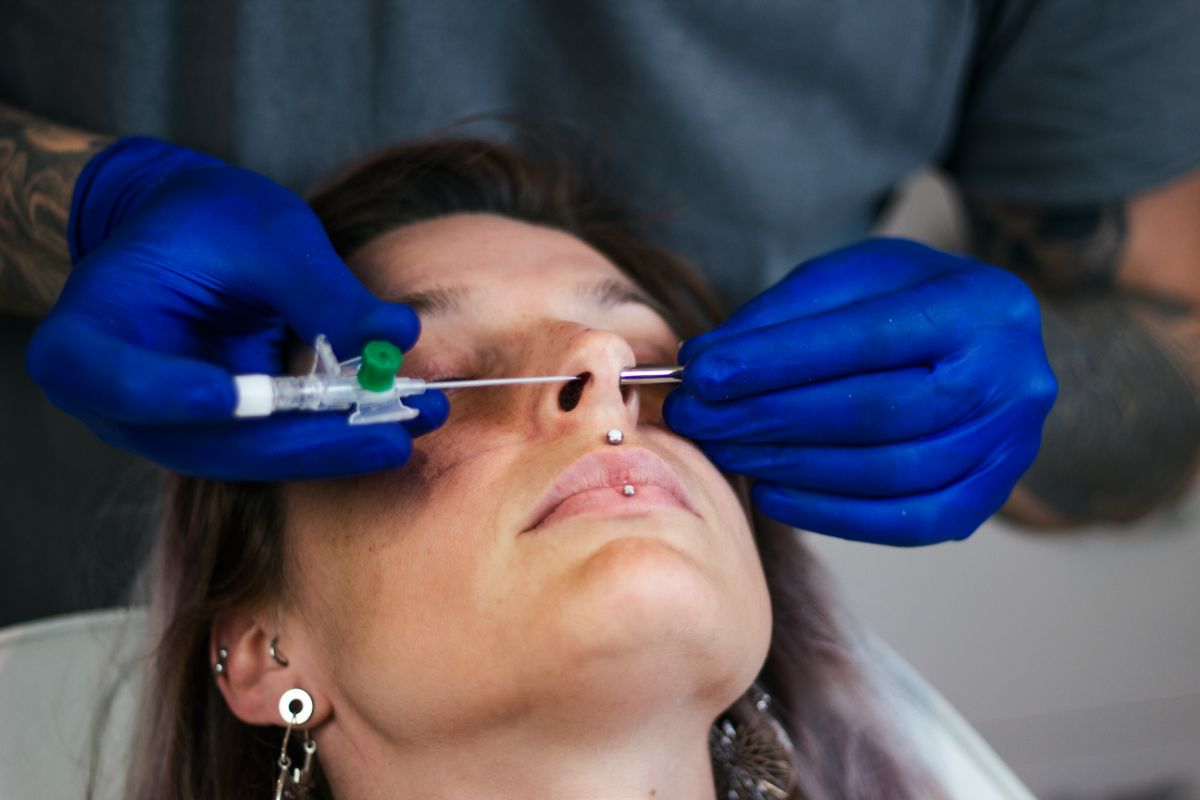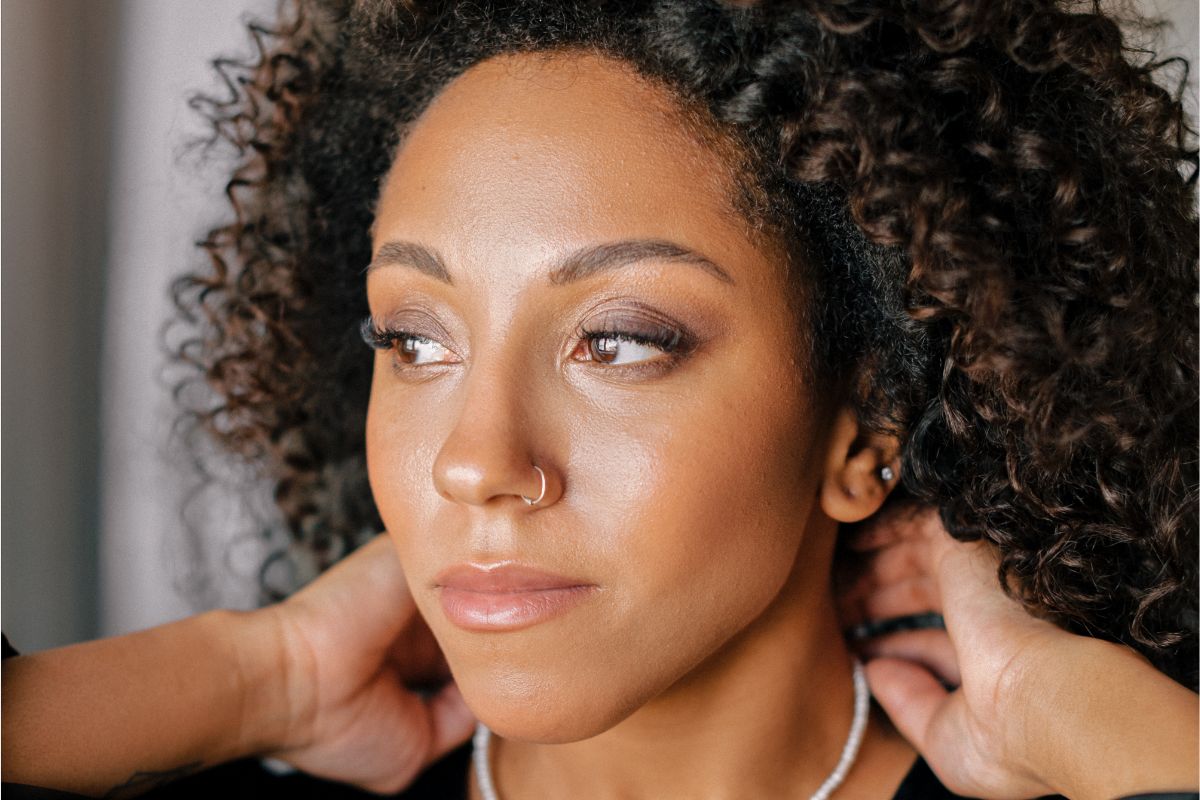If this is your first time getting piercings, we’re assuming you don’t know how to care for them properly, but if this is your nth piercing, consider this a refresher course. For years, professional piercers have emphasized the importance of piercing aftercare.
How well you care for your new piercings will determine their fate – whether they’ll end up just like what you envisioned in your mind, or they’ll turn your beautiful vision into an ugly nightmare as your piercings swell and get infected.
Plenty of factors influence how your piercing heals, but if you strictly follow aftercare guidelines, your piercings should heal well.

Your Piercing Aftercare Guide
Healing Time
While your piercings are still healing, you should not change your jewelry. This is because people heal faster while others heal a bit slower. Regardless, the important thing to keep in mind is to retain your initial jewelry and only change them once your piercings have healed completely.
- Ear cartilage piercings take three to four months to heal
- Industrial and ear construction take between three to six months to heal
- Earlobe piercings of twelve grams take six to eight weeks to heal
- Earlobe piercings of more than twelve grams take two to three months to heal
- A nose bridge piercing takes two to three months
- Eyebrow piercings take two to three months
- High nostril piercings take four to six months
- Nostril piercings take three to four months
- Navel piercings take four to six months
- Lip or Monroe piercings take six to eight weeks
- Surface piercings take eight to twelve months
- Tongue piercings take four to six weeks (to learn more about tongue piercings, read here)
Caring for Your Piercings
The following are essential tips to keep in mind while your piercings are still healing:
- Avoid touching your piercing. The only time you are allowed to touch them is when you clean them. But make sure your hands are clean. Wash them with gentle hand soap and water.
- Never attempt to remove your jewelry prematurely not unless your piercings have completely healed. If you remove your initial jewelry, your piercing could shrink and close. In addition, putting the jewelry back in can be painful.
- Clean your jewelry using saline solution. Soak the area with saline using a Q-tip two to three times daily to prevent bacterial infection. Don’t overclean your piercings. Studies show that people who clean their piercings more than the recommended number of times experienced slow healing.

Aftercare may seem overwhelming, but it won't feel like a chore if you discipline yourself and make it a part of your lifestyle.
If you're looking for a safe product to clean your piercings, Dr. Piercing Aftercare can help.
At Dr. Piercing Aftercare, we've developed convenient medicated swabs that you can use to clean your piercings and keep infection away. We are proud of our products. They are made and tested in a cGMP compliant and FDA-registered facility in America.
We use advanced technology on our swabs for easy application. Each pack contains thirty-six medicated swabs that are proven and tested to promote your body's natural healing process while preventing infection. Contact us today, or check out our website to learn more about our products





